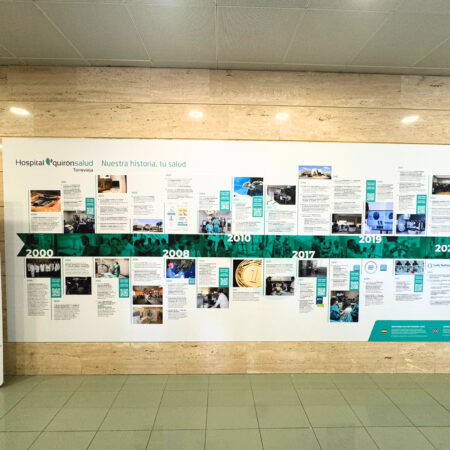The Ministry of Labour will resume negotiations with CCOO, UGT, CEOE and Cepyme on Tuesday, with the aim of reducing the working week from the current 40 hours to 37,5 hours.
This meeting was scheduled to take place on September 19, but a two-day trip to Barcelona by the Secretary of State for Employment, Joaquín Pérez Rey, to accompany the second vice-president, Yolanda Díaz, led to the convening of the roundtable being postponed to the 24th.
During this trip, Díaz met with the president of the Catalan employers’ association Foment, Josep Sánchez-Llibre, with Pimec and with other representatives of the Catalan business sector, to whom she explained that the coalition government’s plan to reduce the working day will allow for increased productivity.
The last meeting of negotiators took place on September 9, when the Labour Department brought to the social dialogue table a new proposal to help small and medium-sized enterprises (SMEs) apply the reduction in working hours when it comes into force.
Specifically, the Secretary of State for Employment, who is leading the negotiations at this social dialogue table, proposed to CCOO, UGT, CEOE and Cepyme the launch of a support plan for SMEs, called ‘Pyme 375’, which includes bonuses for new permanent jobs that are generated as a result of the reduction in working hours.
These bonuses would be aimed at those employment contracts that SMEs make up for the time left free by their staff when working hours are reduced.
Thus, “The reduction of working hours will not only be an element that will allow us to increase productivity and the well-being of workers and employers, but it will also allow us to create jobs”, Pérez Rey assured after the last meeting.
The aim of this plan, according to the Ministry of Labour, is to ensure that the reduction of working hours to 37,5 hours per week applies to all SMEs and not just to certain “privileged” sectors, such as banking or telecommunications, since SMEs are where most of the employment in Spain is concentrated, accounting for 90% of the business fabric.
“We have almost one and a half million companies that have less than ten workers and that employ almost three and a half million workers. We want these small companies to incorporate the reduction of working hours and, therefore, their workers have the right to work less and maintain their salary,” Pérez Rey stressed in this regard.
The proposed plan, which unions and employers must decide on, includes specialised training for companies to help them complete the transition to 37,5 hours a week and to enable them to correctly implement the new time recording that the Labour Department wants to promote.
The Ministry of Labour continues to propose that one of the elements on which the reduction of working hours could be based is the irregular distribution of working hours, as this could help some sectors to apply this measure. However, it has made it clear that distributing working hours irregularly does not mean increasing them or doing overtime, but rather concentrating them on those moments when companies have a greater need for production.











